Background:
I am building an application and the proposed architecture is Event/Message Driven on a microservice architecture.
The monolithic way of doing thing is that I've a User/HTTP request and that actions some commands that have a direct synchronous response. Thus, to respond to the same User/HTTP request is 'hassle free'.
The problem:
The user sends an HTTP request to the UI Service (there are multiple UI Services) that fires some events to a queue (Kafka/RabbitMQ/any). a N of services picks up that Event/Message do some magic along the way and then at some point that same UI Service should pick that up a response and give that back to the user that originated HTTP request. Request processing is ASYNC but the User/HTTP REQUEST->RESPONSE is SYNC as per your typical HTTP interaction.
Question: How do I send a response to the same UI Service that originated the action (The service thats interacting with the user over HTTP) in this Agnostic/Event driven world?
My research so far I've been looking around and it seems that some people are solving that problem using WebSockets.
But the layer of complexity is that there needs to be some table that maps (RequestId->Websocket(Client-Server)) which is used to ‘discover’ which node in the gateway has the websocket connection for some particular response. But even if I understand the problem and complexity I'm stuck that I can't find any articles that would give me info on how to solve this problem at the implementation layer. AND this still is not a viable option because of 3rd party integrations such as payments providers(WorldPay) that expect REQUEST->RESPONSE - specially on the 3DS validation.
So I am somehow reluctant to think that WebSockets is an option. But even if WebSockets are ok for Webfacing apps, for API that connects to external systems is not a great architecture.
** ** ** Update: ** ** **
Even if long polling is an possible solution for a WebService API with a 202 Accepted a Location header and a retry-after header it wouldn't be performant for a high concurrency & high ability website.
Imagine a huge number of people trying to get the transaction status update on EVERY request they make and you have to invalidate CDN cache (go and play with that problem now! ha).
But most important and relatable to my case I've 3rd party APIs such as payment systems where the 3DS systems have automatic redirects that are handled by the payment provider system and they expect a typical REQUEST/RESPONSE flow, thus this model would not work for me nor the sockets model would work.
Because of this use-case the HTTP REQUEST/RESPONSE should be handled in the typical fashion where i have a dumb client that expect that the complexity of the precessing is handled in back-end.
So i am looking for a solution where externally I have a typical Request->Response(SYNC) and the complexity of the status(ASYNCrony of the system) is handled internally
An example of the long polling, but this model wouldn't work for 3rd party API such as payments provider on 3DS Redirects that are not within my control.
POST /user
Payload {userdata}
RETURNs:
HTTP/1.1 202 Accepted
Content-Type: application/json; charset=utf-8
Date: Mon, 27 Nov 2018 17:25:55 GMT
Location: https://mydomain/user/transaction/status/:transaction_id
Retry-After: 10
GET
https://mydomain/user/transaction/status/:transaction_id

